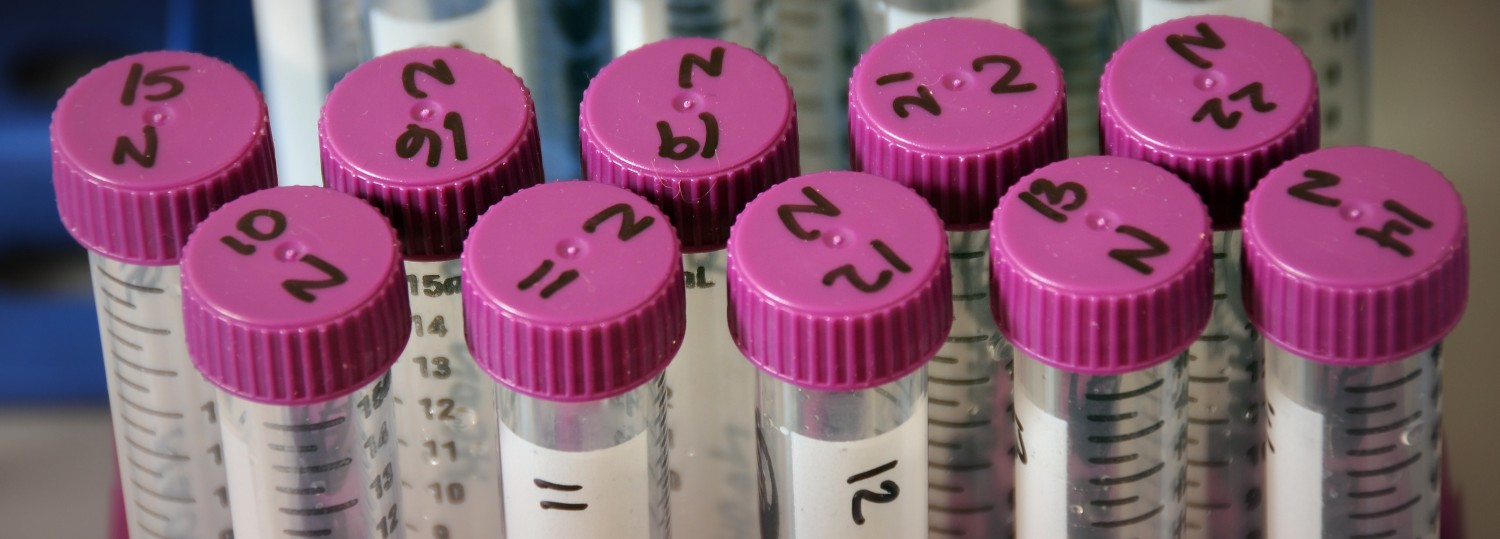What We Do
Our laboratory focuses on the biology and genetics of CRISPR-Cas immune systems in bacteria. Using microbiology, molecular biology and genomics approaches, we investigate the use of CRISPR-Cas systems for four types of applications:
1. Exploitation of CRISPR spacer hypervariability for genotyping and phylogenetic studies of beneficial and pathogenic bacteria
2. Leveraging CRISPR-mediated interference for building up phage resistance in probiotic strains and starter cultures used in food manufacturing
3. Harnessing of Cas9-mediated, re-programmable dsDNA cleavage for genome editing in bacteria
4. Co-opting native systems in bacteria for CRISPR-based self targeting as a potent antimicrobial alternative.
These activities provide insights into the genetic and molecular processes that drive CRISPR-mediated adaptive immunity in bacteria, and generate novel tools for the manipulation of industrially relevant organisms for food, Ag, health and biotechnological applications.
We also focus on understanding the molecular basis for health-promotion by beneficial lactic acid bacteria and developing next-generation probiotics. In particular, we study gastro-intestinal tract colonization, host immunomodulation and cell-surface composition and function. We also investigate the forces that drive and shape genome evolution in probiotic lactobacilli.
As the T. R. Klaenhammer Distinguished Scholar in Probiotics Research, Rodolphe Barrangou is critically responsible for extending the pioneering work of Prof. Klaenhammer on functional genomics of lactic acid bacteria, with emphasis on health-promoting functions of Lactobacillus acidophilus. Extending the legacy of the Klaenhammer lab is a monumental challenge that we embrace; We look forward to continuing the history of outstanding research on probiotic biology.
